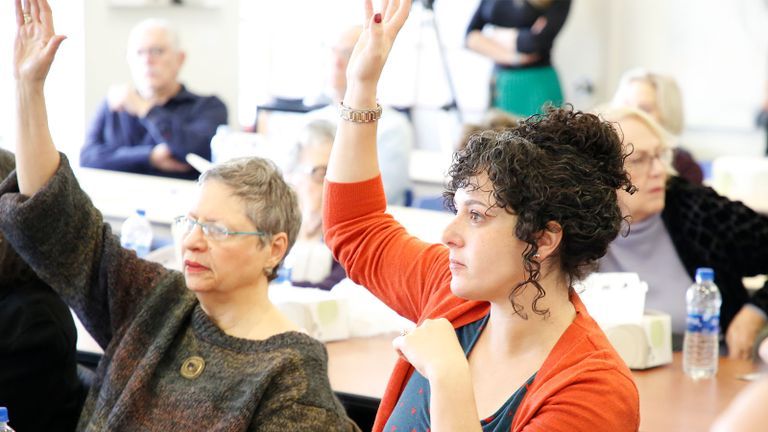Guiding Principles of Assessment
-
- Assessment should be practical. An assessment plan must be simple and manageable enough to be followed year after year.
- Assessment must yield effective ideas for improvement. Assessment results must always be fed back into the planning process, and this must occur in a regular, predictable fashion. Continuous improvement is the main goal for all assessment activities; this is the other sense in which it must be practical.
- Assessment is not about individual instructors or students or staff. It is about program improvement.
-
- Assessment belongs to the faculty and staff whose programs are being assessed. Academic departments must determine the desired learning outcomes and means of assessment for majors and other learning programs. Department Chairs have a special role in nurturing academic program assessment. Program administrators are responsible for the goals and means of assessment for support offices such as Financial Aid, the Registrar's Office, Public Safety and all other major College offices.
- Assessment starts with defining our goals. In academic assessment, setting goals for majors is a collective activity within Departments; faculty have an obligation to be explicit about the major aims of each academic program. In administrative and support offices, the relevant administrators set goals, often in consultation with staff.
- In the interest of informing prospective students, we need to make public our academic program goals, so they can see what they will learn and be able to do, and how they will be evaluated, as a result of pursuing a particular program.
- Our individual program outcomes must support and contribute to the fulfillment of the College Mission. In general, learning and assessment must be linked vertically and horizontally in support of institutional learning outcomes.
- Assessment should rely on multiple measures--direct and indirect, quantitative and qualitative--since no assessment exercise is perfect.
- Our assessment activities must be subject to periodic assessments themselves.
- We should strive for a culture of assessment at Hunter so that systematic self-examination aimed at improvement becomes second nature to us.



